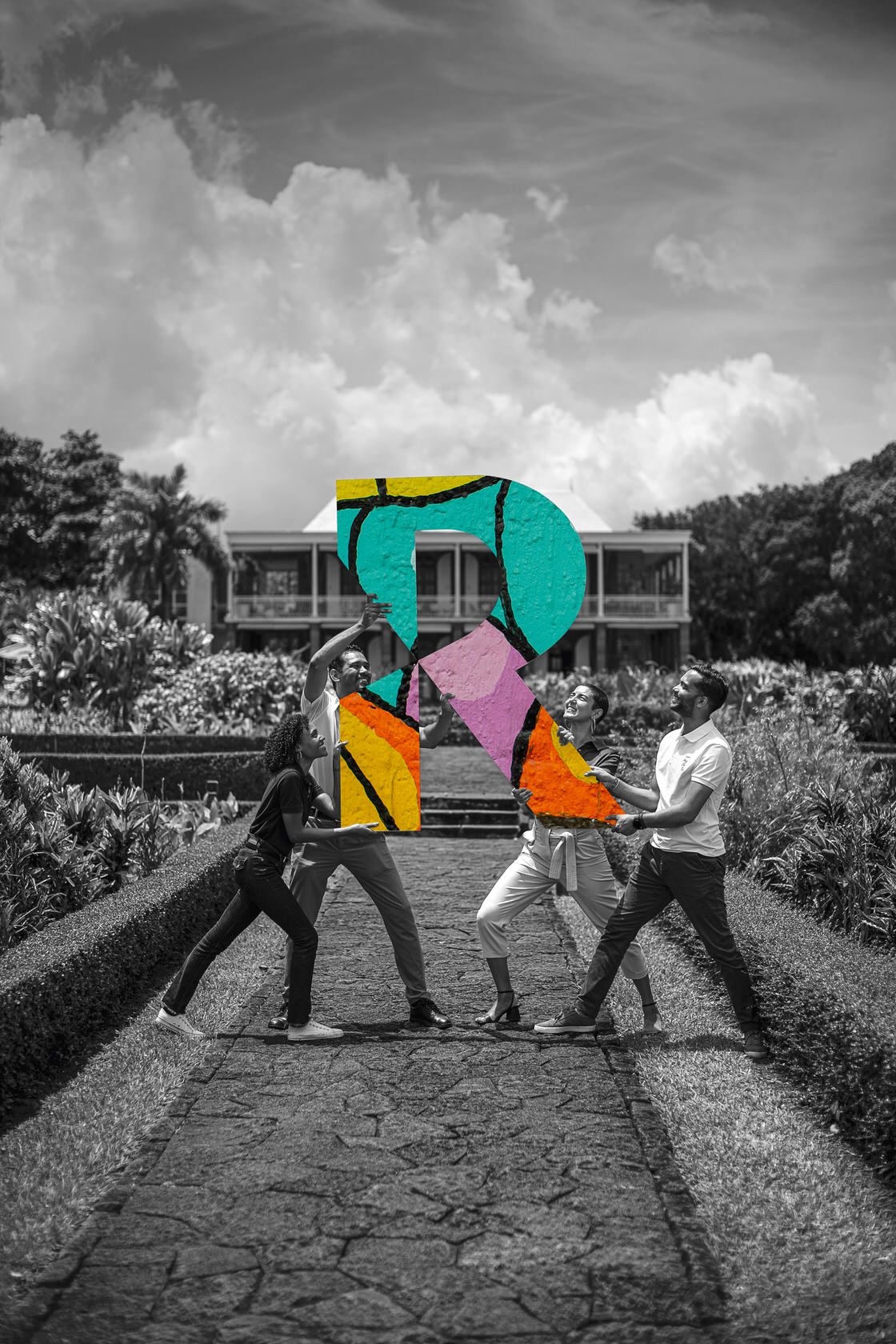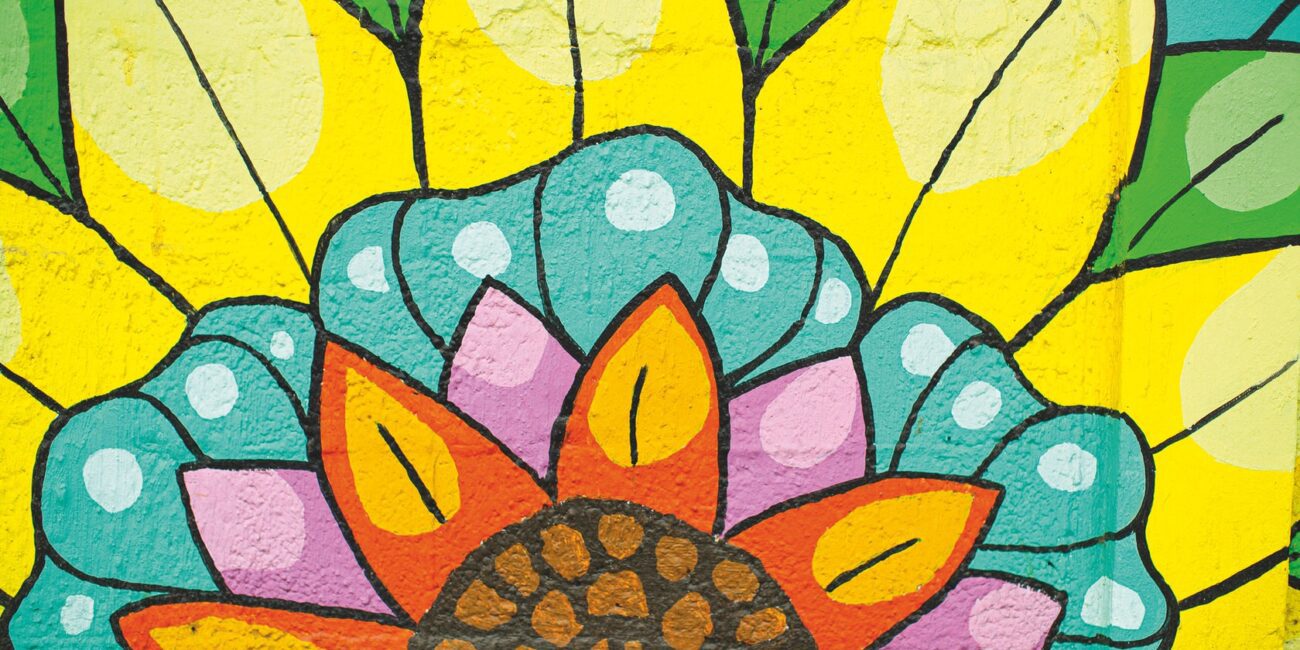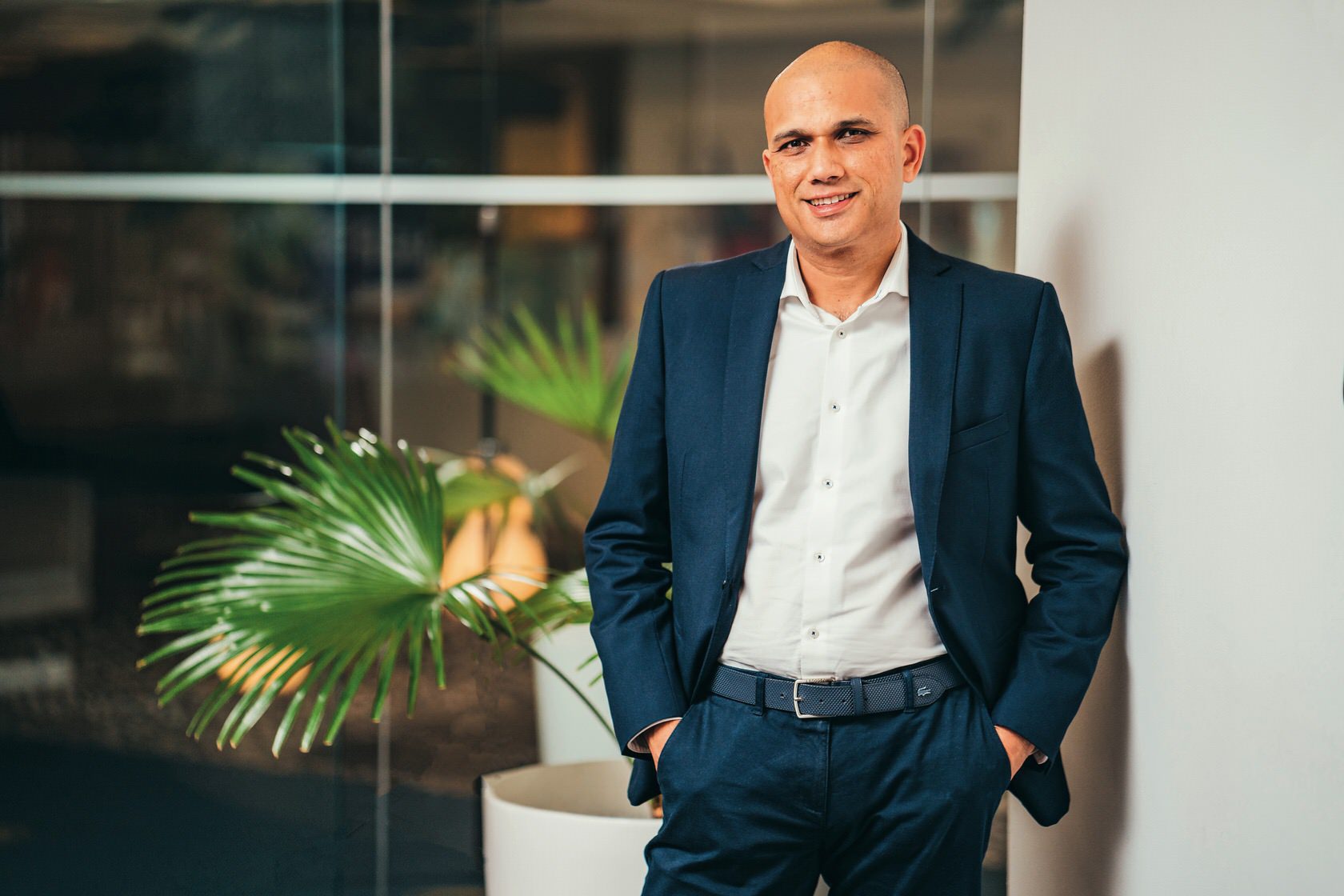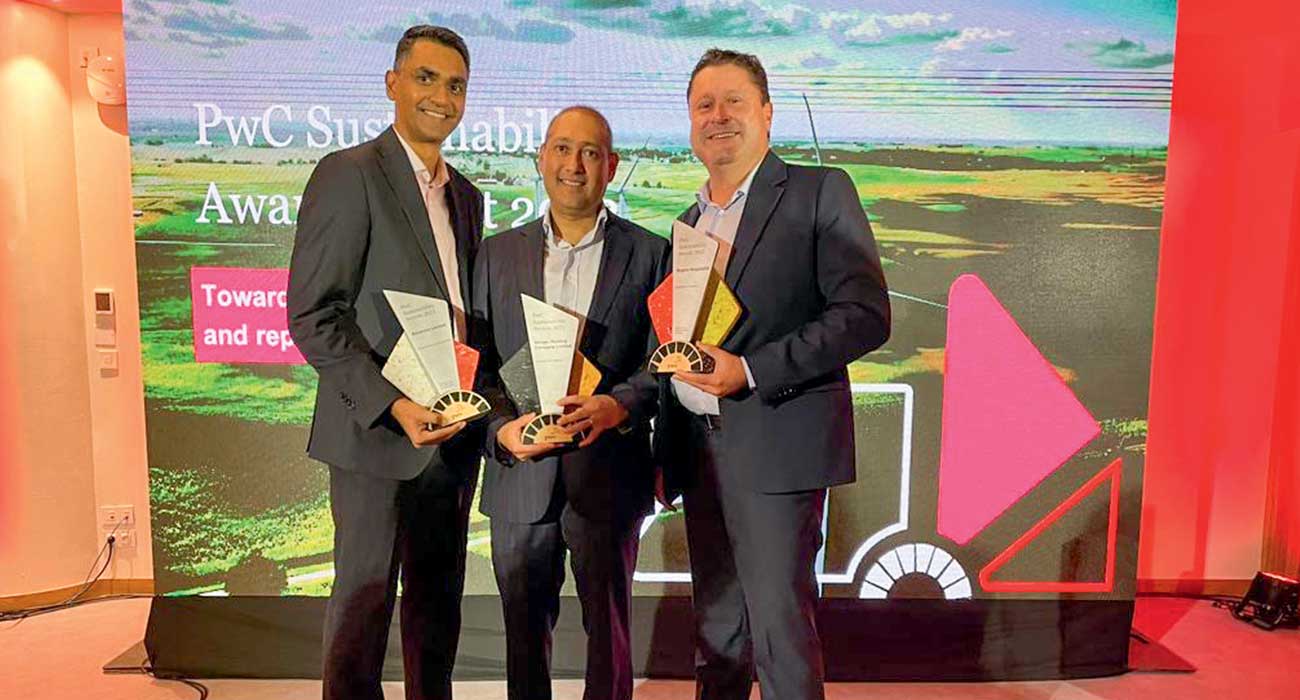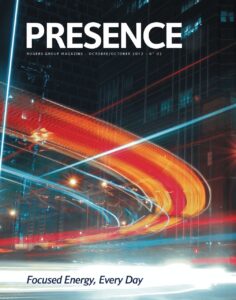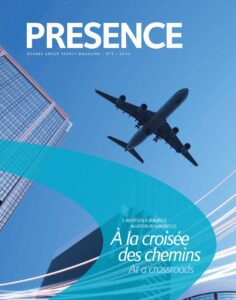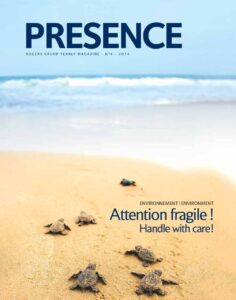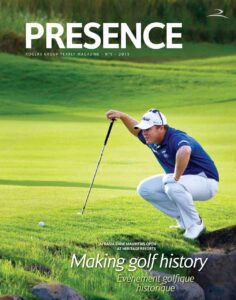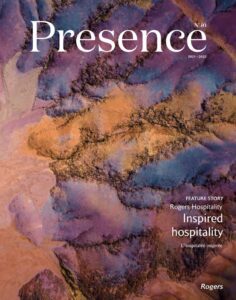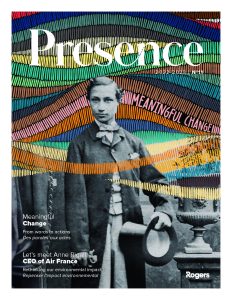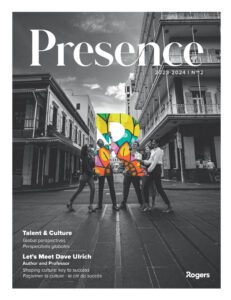Employees and employers are like an old couple. Though they can’t live without each other, every once in a while, things can get a little tense between them. But what if all that were to change? What if, through a deep workplace culture shift, the employer-employee relationship is reinventing itself right before our eyes?
We are the bonds we weave with others,” said the geneticist and philosopher Albert Jacquard, a statement that fits a company’s network of relationships like a glove. Shareholders, clients, managers, investors, employees, suppliers, and financiers… all create a unique relationship-based ecosystem. Indeed, companies are a perfect example of group effort and community, as they are a space where women and men come together to meet one objective: Make the company prosper. However, factors like Covid-19, Gen-Z1 and, more recently, the emergence of generative AI tools have reshaped the relationship between an organisation and its employees. Mike Perk and Amanda Jordaan, Senior Partners at South African human resources firm GrayFeather Consulting, confirm: “This change means that competitive advantage is no longer found in the end-sum game of building the company as a machine of efficiency, but rather the ability for organisations to differentiate themselves through their people.”
Given the extraordinary transformations sweeping the professional world, particularly in how work is perceived, a gap has emerged between organisations’ operations and employee aspirations. From Port-Louis to New York and Mumbai, the stars are no longer aligned. “It’s hard to generalise,” acknowledges Manish Bundhun, Chief People Executive at Rogers, “as the relationship between employers and employees varies from one sector to another, and even from one company to another.” However, he confirms: “The need to come together and strengthen bonds is now absolutely essential.”
His creed is simple: “People.” He continues, “at Rogers, we have identified five factors that can strengthen the work experience.” The approach involves valuing and meeting the need for recognition, training, improving manager-employee dialogue, and rallying around the employer’s brand. These factors act as the glue and grease in the company machine, helping it run soundly and smoothly. Talking, exchanging, and listening are the basics, and yet they are sometimes overlooked. The current issues in the workplace didn’t come out of a vacuum; there had been warning signs for a while, and numerous studies on the subject all emphasised the necessity of “creating connections”. But where to begin?
“According to a study by Deloitte2, it starts from the top and by rebooting how leadership operates. More than ever, leaders have to work in harmony to inspire the organisation to adopt new success parameters and make all feel a collective responsibility for this singular vision. Only leaders who are team players will be able to embrace the vulnerability required to succeed in this borderless world. This vulnerability means the will to experiment, test and fail, and work with more transparency and empathy.”
Collaborate better? Of course, however, Covid-19 has stretched relationships even in the workplace. There’s no use beating around the bush; the employeeemployer relationship has seen better days. What’s forcing a change in the status quo? No, not a sense of disconnection, but rather a new set of expectations from employees, especially the younger generations. In response, leadership teams are eager to initiate innovative strategic models and embrace a different managerial culture. A recent survey by Business Mauritius confirms this: human connection remains strong in Mauritian companies.
Moreover, many positives have emerged since the pandemic, such as a renewed focus on working conditions, inclusivity, and gender equality.
There is also an increase in awareness among employees who are beginning to question the impact of their work on society and the environment. Finding meaning in one’s job is paramount. Despite contrasting situations from one company to another, there’s an emerging, albeit paradoxical, trend: on one end, the need to work in a more connected and interdependent way, and on the other, the need for employees to focus on their individual aspirations and lifestyle. These two spectrums do not necessarily oppose each other, but can lead to a degree of tension between an employee’s approach to work, and management.
This tension is one Sarvesh Dosooye, an organisational psychologist, knows well. “No matter your view of the employee relationship, it is under tension and constantly evolving,” says the director of Forward Psychology Consulting. The current phenomenon is not new to him: “The relationship has changed because the nature of work has transformed. Consider automation and technology: the advances are staggering, but one effect is reduced human interactions.” More recently, repeated lockdowns have further weakened bonds. “For many employees, confinement proved surprisingly liberating and allowed profound lifestyle changes.” It’s almost as if the lockdown has forced introspection. And inevitably, doors slamming, “I’m out” moments and “quiet quitting.” Especially when balance is lost, values differ – or when salaries no longer meet expectations3.
“Ultimately, the pandemic didn’t invent anything, it just brought things into perspective,” summarises Sarvesh Dosooye. “The demand for flexibility, the aspiration for a decent salary, or the need for meaningful work didn’t originate with Covid-19. The crisis acted as a revealer, an accelerator of these things.” Among these mutations, there is one that disrupts the old ways: the entry into the labour market of ‘Gen Z’, in other words, the 18-27-year-olds. Estimated at 200,0004 individuals in Mauritius, Gen Z is at the crossroads between school or studies and the professional world. How do you attract the best among them? That’s a question that haunts HR departments. Recruiting and retaining young people has never been so difficult.
Gen Z is perceived as ultra-connected, demanding, materialistic and marred by questionable and often debated stereotypes. Yet, they are not a homogeneous social category. Nonetheless, this generation fascinates as much as it intimidates. The issue isn’t so much about the labels attached to them – whimsical, mercenary”… – but about their radically different perspective on work. Mike Perk confirms: “This is a generation of young people that grew up totally technologically empowered, able to raise their opinions on global platforms and able to change the course of events through virtual collaboration. They will widen the gap as they find it nearly impossible to adapt to outdated workplaces.” Should this cause despair? “Absolutely not!” replies Sarvesh Dosooye. “A company is not an island. It’s not static but always learning, adapting, and evolving.”
This is precisely what the present circumstances demand: A rethink. “Organisations will have to adapt to employees by transforming into democratic, autonomous, and humane workplaces,” explains Amanda Jordaan. “This is a systemic change that includes all dimensions of the organisation and requires rethinking and revisiting strategy, culture, philosophy, operational model, management style, employee engagement, and organisational structure. It is a marathon, not a sprint.
By being open and authentic about the planned changes and keeping employees informed and involved, this kind of change can be executed in the background to the daily operations of the business without creating major disruptions.”
The opportunity is too significant to miss. And, perhaps, it’s also a moment to revisit Peter Drucker’s words: “The greatest danger in times of turbulence is not the turbulence, but to act with yesterday’s logic.”
A survey conducted by the international management consulting firm Willis Towers Watson on behalf of Business Mauritius reveals that Mauritius has a 66% employee engagement rate at work, which is higher than the global average of 60%
1.This generation is made up of people born between 1996 and 2005, who have grown with Internet.
2.2023 Global Human Capital Trends: New Fundamentals for a Borderless World
3.In 2023, less than one in three Mauritians (28%) say they are fully satisfied with their salary, according to a study by WTW commissioned by Business Mauritius.
4.According to Statistics Mauritius.
